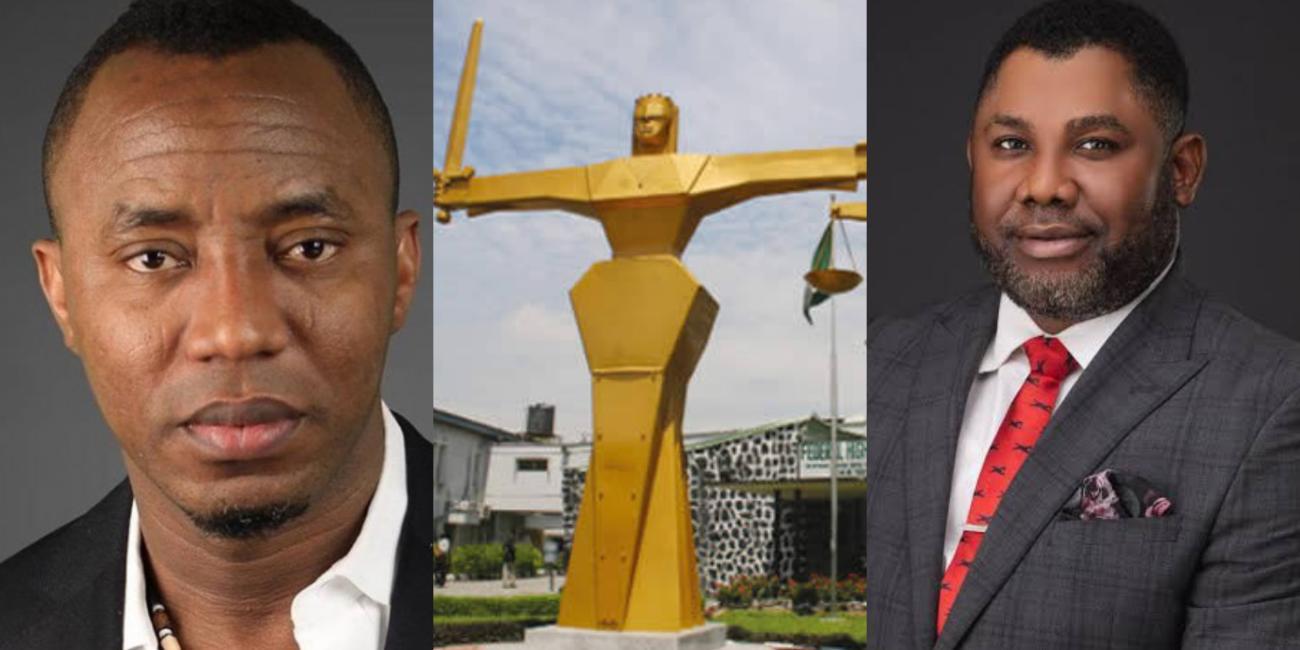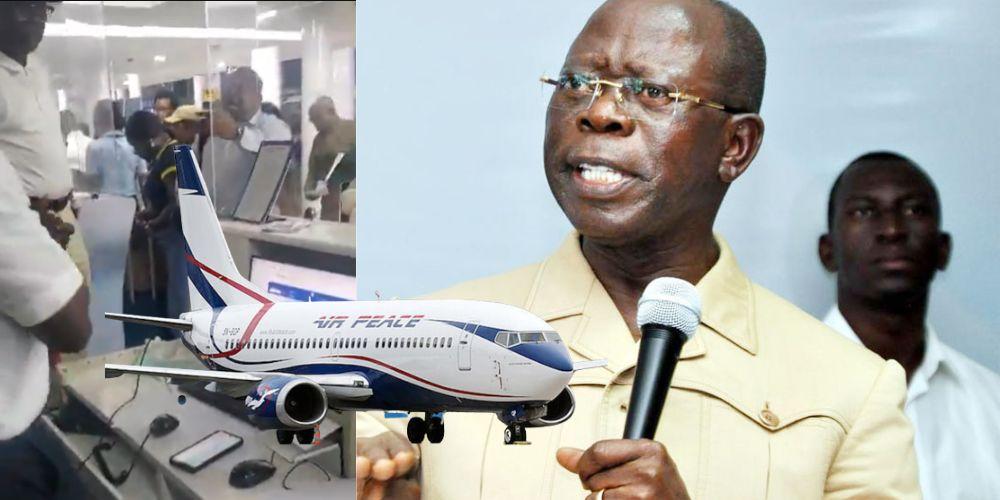Behind the Glamour: Alleged Money Laundering, Elite Exploitation & the Price of Silence in Nigeria’s Power Circles

What if the flashy lives of your favorite influencers, celebrities, and gospel artists were funded not by brand deals—but by backdoor political deals?
In recent months, shocking claims have surfaced about how top political figures, including a prominent Senate leader, have allegedly used public funds to maintain secret relationships, luxury lifestyles, and financial laundering networks—with the help of socialites, businesswomen, and even entertainers.
According to anonymous insiders and online whistleblowers like @gistloversblog1, this is how the cycle allegedly works:
-
Political money—meant for public welfare—is funneled through private accounts.
-
These accounts belong to influencers, artists, and businesswomen with high visibility but low financial scrutiny.
-
In exchange, those involved receive huge commission cuts—reportedly up to ₦200 million or more per transaction.
-
When disagreements arise over the "sharing formula," private conflicts spill into the public eye.
A big question is: Why don’t these public figures speak out when Nigeria is suffering?
Here’s what some sources claim:
“If your account is used to hide stolen funds, will you protest when fuel prices go up? When there's no electricity? When teachers go unpaid?”
Many of the people allegedly involved appear to be:
-
Preaching morals or motivation online
-
Attending gospel events or preaching values
-
Launching business brands or speaking at youth events
Yet, beneath the public image may lie a system of financial corruption, sexual exploitation, and complicity.
This post doesn’t seek to point fingers without proof—but it does raise an important question:
In a country struggling with poverty and inflation, how long will stolen wealth keep funding silence, sex, and status?








